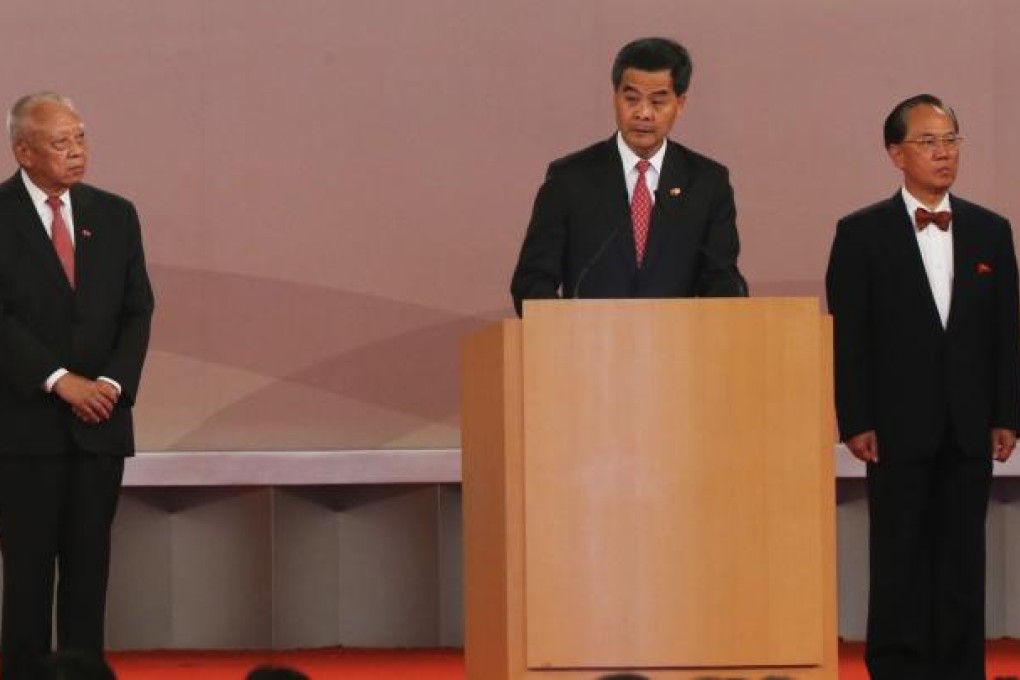The C.Y. Leung administration looks depressingly like its predecessors
Stephen Vines says lessons of the past may be lost on C.Y.Leung

It is depressing to see successive Hong Kong governments seemingly determined to ignore the basic lesson of successful governance. Former British prime minister Harold Wilson, the ultimate pragmatist, is famous for summing up the lesson in these words: "Politics is the language of priorities."
Wilson's point is that successful governments - regardless of ideology - need to have a clear agenda of priorities. Moreover, these priorities are determined as much by what is desirable as by what can be achieved practically.
In Hong Kong we have governments with no clear ideological standpoint that, in theory, should make them more pragmatic. Alas, "pragmatic" can be replaced by the more accurate term: confused.
Instead of having a clear idea of what needs to be done and how to go about doing it, the grand people in their shiny new offices at Tamar spend their time scurrying around second-guessing what the bosses in Beijing really want and paying careful attention to instructions from the central government's liaison office in Western.
When they're not doing this, they are waylaid by long sessions with tycoons who have precise agendas of their own. And we must not forget the dead hand of the bureaucracy that urges the government to have as quiet a life as possible - no initiative too small to crush is their maxim.
Last and least comes public opinion, which is only really seriously considered when broadcast at full volume, and reaches the streets in the form of mass demonstrations.
A rather vivid example of that came with the national education fiasco. Who could possibly have thought that this was a priority for government action, ahead of tackling poverty, housing, the environment and a list of other truly pressing matters?